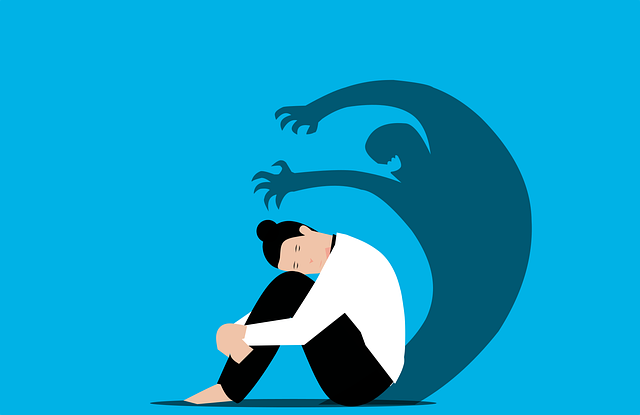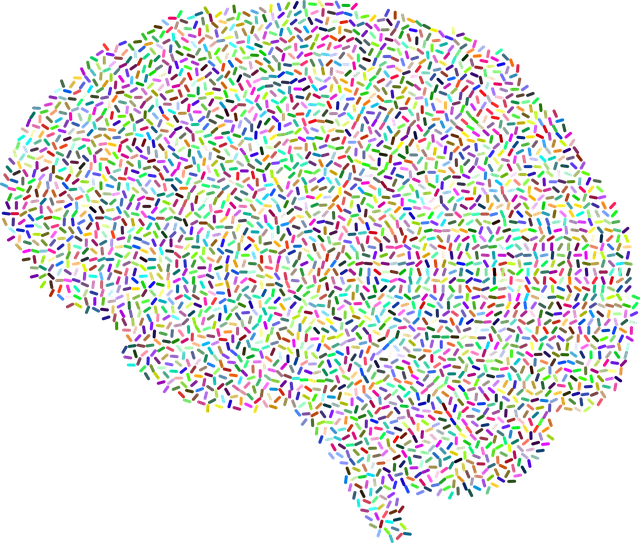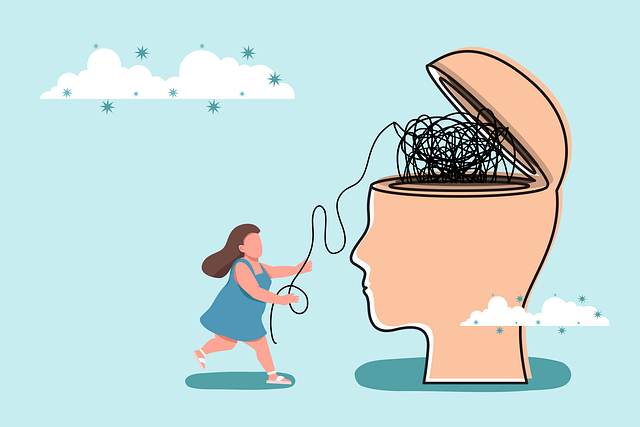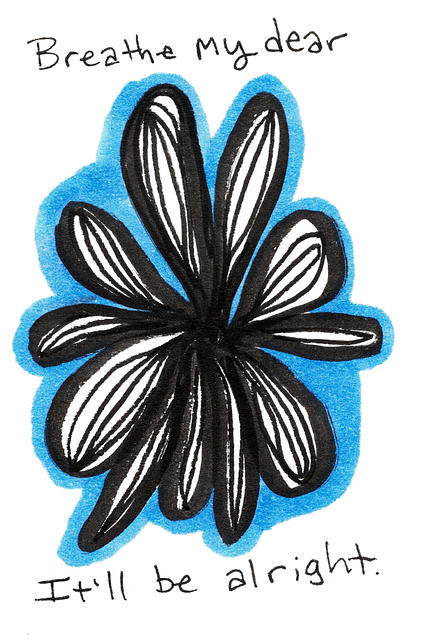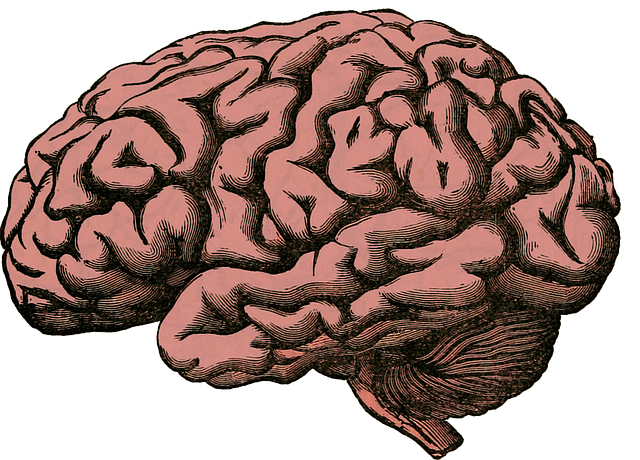Englewood Pain Management Therapy (EPMT) addresses the dual challenges of chronic pain and mental health stigma through holistic care, training, community engagement, education, and media initiatives. By combining effective treatment with non-judgmental support, EPMT fosters understanding and reduces stigma associated with conditions like anxiety and burnout. Through open dialogues, resource sharing, workshops, support groups, and awareness campaigns, communities can humanize mental health experiences and educate members on the biological basis of mental illness, fostering empathy and normalizing discussions. Structured programs equip individuals to recognize and challenge discriminatory attitudes, ultimately creating more inclusive societies where mental health is prioritized without fear of judgment.
Mental illness stigma, a pervasive societal issue, significantly impacts individuals seeking treatment. This article explores comprehensive strategies to reduce the burden of mental health stigma, focusing on the transformative power of community engagement and education. We delve into case studies like Englewood Pain Management Therapy, highlighting successful approaches. By understanding the profound effects of stigma, we can break down barriers through effective communication and build supportive systems. Together, these efforts foster a more inclusive environment, encouraging help-seeking behaviors for better mental well-being.
- Understanding the Impact of Stigma on Mental Health: A Focus on Englewood Pain Management Therapy
- Strategies for Reducing Stigma: Community Engagement and Education
- Breaking Down Barriers: Effective Communication and Support Systems in Mental Illness Stigma Reduction
Understanding the Impact of Stigma on Mental Health: A Focus on Englewood Pain Management Therapy

Stigma surrounding mental illness significantly exacerbates the challenges individuals face when seeking support. It often leads to feelings of isolation, shame, and fear, deterring many from accessing necessary care. Englewood Pain Management Therapy (EPMT) serves as a powerful example of an initiative tackling this issue head-on. By providing a safe, non-judgmental space for pain management, EPMT not only offers effective treatment but also fosters understanding and reduces the stigma associated with mental health struggles.
The impact of stigma on mental health is profound, especially for conditions like anxiety and burnout, which are prevalent in today’s fast-paced world. EPMT’s holistic approach, encompassing various therapies, aims to address these issues comprehensively. Additionally, they conduct regular risk assessments for mental health professionals, ensuring a supportive environment not only for patients but also for those dedicated to helping others. This dual focus on treatment and stigma reduction is vital in creating a more inclusive society where mental well-being is prioritized without fear of judgment or discrimination.
Strategies for Reducing Stigma: Community Engagement and Education

Community engagement is a powerful tool in the battle against mental illness stigma. By fostering open conversations and sharing resources, communities can humanize mental health experiences and dispel misconceptions. This involves organizing workshops, support groups, and awareness campaigns that encourage dialogue between individuals with lived experiences, healthcare professionals, and the general public. These platforms provide opportunities to share personal stories, clarify myths, and offer guidance on seeking help—all of which contribute to a more informed and supportive community.
Education plays a pivotal role in stigma reduction. Implementing programs that teach mental wellness journaling exercises and mindfulness techniques can equip individuals with tools for managing their own well-being. Promoting these practices alongside anxiety relief strategies and Mind Over Matter principles helps normalize conversations about mental health, creating a safer space for those facing challenges. Moreover, educating community members on the biological basis of mental illness can encourage empathy and understanding, ultimately weakening the barriers that stigma constructs.
Breaking Down Barriers: Effective Communication and Support Systems in Mental Illness Stigma Reduction

Breaking down barriers to mental illness stigma reduction requires effective communication and robust support systems. Engaging in open conversations about mental health can dispel misconceptions and foster empathy, crucial components in creating a more inclusive society where individuals with mental health conditions feel supported instead of stigmatized. Initiatives like the Englewood Pain Management Therapy Mental Wellness Podcast Series Production offer platforms for sharing personal narratives, expert insights, and practical strategies for managing mental wellness. These discussions not only promote understanding but also encourage individuals to seek help without fear of judgment.
Furthermore, structured programs such as Social Skills Training and Stress Management workshops play a vital role in stigma reduction by equipping people with the tools to recognize and challenge discriminatory attitudes. By providing spaces where participants can learn, grow, and connect, these interventions empower individuals to become advocates for mental health awareness, ultimately leading to more supportive communities. This collective effort ensures that everyone, regardless of their mental health status, feels welcomed and valued in society.
Mental illness stigma reduction is a multifaceted approach, as demonstrated by strategies employed by Englewood Pain Management Therapy. Community engagement and education play a pivotal role in fostering understanding and acceptance. Effective communication and robust support systems further weaken barriers, creating an environment where individuals can access care without fear of judgment. By continuing to implement these strategies, we can significantly enhance mental health outcomes for all.
